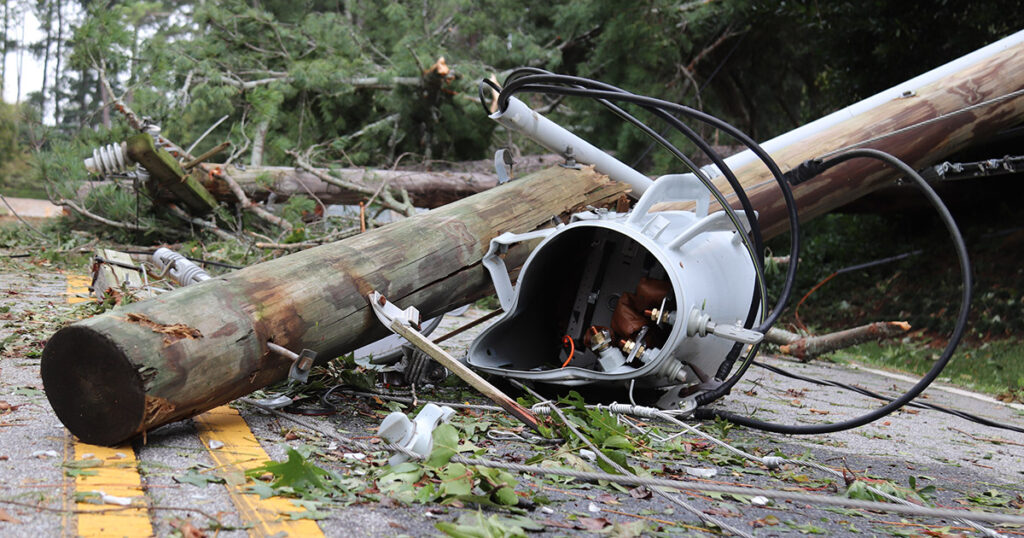Electric vehicles are becoming an increasingly common sight on roads not only around Madison and Janesville but throughout Wisconsin and the US. As manufacturers roll out more all-electric models, many drivers are curious about their charging options. One of the most common questions we hear is: Can non-Tesla electric vehicles use Tesla chargers?
Tesla’s Supercharger network is known for being fast, widespread, and reliable, but it wasn’t always open to other brands. Now, with industry shifts and adapter technology, some Tesla chargers are available to all EV owners — but the details can be tricky. Understanding the difference can save you time, frustration, and potentially hundreds of dollars in charging equipment.
Public charging stations are only part of the story. At Westphal & Company, we’ve helped local EV owners navigate compatibility questions and choose the right charging solution for their needs. In this post, we’ll break down which non-Tesla vehicles can use Tesla chargers, how charging speeds compare, and why a home installation might be your best option.
Tesla Charger Compatibility for Non-Tesla EVs
Not all Tesla chargers are the same. There are currently three types of Tesla charging stations, and only two are available to non-Tesla vehicles:
- All EVs Superchargers (Magic Dock) – These stations include a built-in adapter, so most EVs can plug in directly. However, their availability is still limited. Consumer Reports notes that only a small number of Superchargers currently offer Magic Dock adapters.
- NACS Superchargers – These chargers require a North American Charging Standard (NACS) adapter from your EV’s manufacturer, unless your vehicle is already NACS-equipped.
- Tesla-Only Superchargers – These remain exclusive to Tesla models and are not compatible with non-Tesla EVs.
Tesla has publicly stated its goal is to make more of its network available to all EVs, encouraging a faster transition to emission-free driving (Tesla support).
Which EVs Can Use Tesla Chargers?
With a NACS adapter, many popular EV brands can use Tesla chargers — including Ford, GM, Hyundai, Kia, Rivian, Volvo, Acura, Genesis, Lucid, Mercedes-Benz, and Polestar. Some automakers, such as Hyundai, have even announced they will provide NACS adapters for free to eligible customers.
It’s important to note that certain models, such as the Nissan Leaf and Mitsubishi Outlander plug-in hybrid, cannot use Tesla Superchargers with Magic Dock adapters. Always confirm compatibility with your manufacturer before attempting to charge.
How Fast Are Tesla Chargers?
Tesla’s Superchargers use DC fast charging, which can bring many EV batteries from 0% to 80% in under an hour, depending on the vehicle’s onboard charging capacity (EV Safe Charge). While that’s great for road trips, public charging isn’t always convenient for daily use.
For everyday needs, a home EV charger installation can offer significant advantages:
- Overnight charging so your vehicle is ready each morning
- 24/7 access without waiting in line
- Lower per-mile costs compared to public charging
If you own a Tesla, a Tesla Wall Connector offers even faster charging and is designed for seamless integration with your vehicle. Learn more in our guide to Tesla Wall Connector installation.
Why Many Wisconsin EV Owners Choose Home Charging
Public charging has its place, but for most drivers in our region, the convenience of a home charger is hard to beat. With professional installation, you’ll know your system is set up safely, meets all local codes, and is optimized for your vehicle.
At Westphal & Company, our licensed electricians have installed charging stations for Tesla, Ford, Rivian, Hyundai, and more. We also handle panel upgrades when needed, so your home can support the additional electrical load. Learn more about our EV charging installation services.
Common Questions About Tesla Chargers
Can any EV use a Tesla charger?
No — only Magic Dock and NACS Superchargers are available to non-Tesla vehicles. Tesla-only Superchargers are still restricted.
Which non-Tesla vehicles work with Tesla chargers?
With a NACS adapter, most major EV brands — including Ford, GM, Hyundai, Kia, Rivian, and Volvo — can use Tesla chargers.
How fast do Tesla chargers work?
Tesla Superchargers can often charge up to 80% in under an hour. Speed depends on your vehicle’s charging capabilities.
What’s the easiest way to keep an EV charged?
For most Madison and Janesville drivers, installing a home EV charger is the most convenient and reliable option.
Where can I find Tesla chargers?
Use the Tesla map or the DOE’s Alternative Fueling Station Locator to find Tesla and other public EV charging stations.
Get Started with Westphal & Company
If you’re considering a Tesla charger installation, Tesla Wall Connector installation, or any home EV charger installation, our team is here to help. We proudly serve Madison, Janesville, and surrounding Wisconsin communities.
Request a free quote today and start charging on your terms.
Sources
- Westphal & Company – EV Charging Infrastructure Market Projections
- Consumer Reports – Tesla Superchargers Open to Other EVs
- Hyundai News – Free NACS Adapters for EV Owners
- Tesla Support – Supercharging Other EVs
- EV Safe Charge – DC Fast Charging Explained
- U.S. News – EV Charging Stations
- U.S. DOE – Alternative Fueling Station Locator



